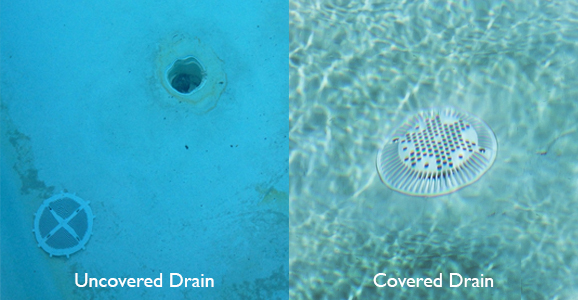![]()
Applying to colleges can be more than stressful. Between trying to get excellent SAT scores, making straight A’s, and keeping up with extra-curricular activities, perfecting the college application just seems impossible. And, on top of all of that, the little worry in the back of every teenager’s mind lingers: Will my application stand out?
Most people realize that a great SAT score can really improve one’s chances of gaining entrance into college, but something else can really make an applicant stand out: a job. To admissions personnel, an applicant who has a part-time job shows a higher degree of maturity and independence.
According to Alice Margraff, a college counselor at McDonogh School in Baltimore, “Getting a job shows that a student takes initiative and is willing to spend their time doing something productive. An applicant who works also exhibits traits that would look good on a college resume.”
I don’t have any time to work. I play sports, take SAT prep courses, and I have endless amounts of homework, every teen thinks. Think again. A summer job, like lifeguarding, is the perfect answer to balancing work, school and play.
Being a summer lifeguard is a fun and rewarding job in many ways. For starters, lifeguards get to work while sitting out in the sun (with sunscreen of course); what is better than that? In addition to being enjoyable, a lifeguard job looks great on a college application.
“Lifeguarding requires a lot of skills that would be looked very favorably upon to admissions officers,” Alice Margraff believes. “A lifeguard has to be productive and mature, which are very good qualities to demonstrate [to colleges and universities].”
In order to become a lifeguard, one must get American Red Cross First Aid, CPR and AED certified. These certifications are an effective way to leave a great impression on an admissions officer. The college or university will be able to infer that an applicant that has worked as a lifeguard has a heightened sense of responsibility and a maturity level that is required in order to handle stressful, life-threatening situations that may occur on the job. Lifeguards, trained to react quickly in emergency situations, are great assets to any college campus.
Additionally, lifeguards exhibit great leadership skills. Lifeguards need to be able to take charge of the patrons of a pool, making sure that everything is running smoothly and safely. These lifeguard leadership skills can impress admissions personnel.
More than just a resume builder, there are more perks in this rewarding job. First, scheduling is personalized and flexible. For example, when working for Guard for Life, the American Pool Enterprises lifeguard brand, lifeguards are able to help shape their schedules online – suggesting the location, shift hours and days they work themselves. Second, lifeguards are able to make money while working on their tans. Lastly, a lifeguard experiences conflict resolution and works on their customer service skills while interacting with patrons at a pool. This skill is not only useful while lifeguarding, but also in everyday life.
So lifeguarding looks good on a college application and is a great job overall, but how will you manage your time? Often balancing work, school, and activities seems utterly impossible. It’s not! The summer job of lifeguarding makes juggling your schedule easier with the help of flexible scheduling and attentive supervisors. On top of all that, a lifeguarding job’s “peak” season is during your vacation.
Overall, as a job that allows you to spend time outdoors and exhibit skills and responsibilities that look great on any college application, lifeguarding seems like a top choice for summer employment. If you are looking for a way to enhance your college application and stand out from a crowd, apply for a job as a lifeguard.
——————————————————————————-
ABOUT THE AUTHOR
Nicole Friedlander is a junior at McDonogh High School in Baltimore, Maryland. She has been a lifeguard for American Pool Enterprises and Guard for Life since she was fifteen, and has loved every minute of it. Between sitting in the sun, helping to keep swimmers safe, saving money for her college fund and fine tuning her work-place skills, she could not think of a better summer job.
Aside from being a lifeguard, she is also a varsity cross country and indoor track runner as well as a year-round lacrosse player. Even with the busy life of a high school student, she finds that lifeguarding fits easily into her schedule and is a rewarding life experience.
In this series, Nicole will share her insight and advice about having a job as a lifeguard. Follow her series here on guardforlife.com, Facebook and Twitter.














